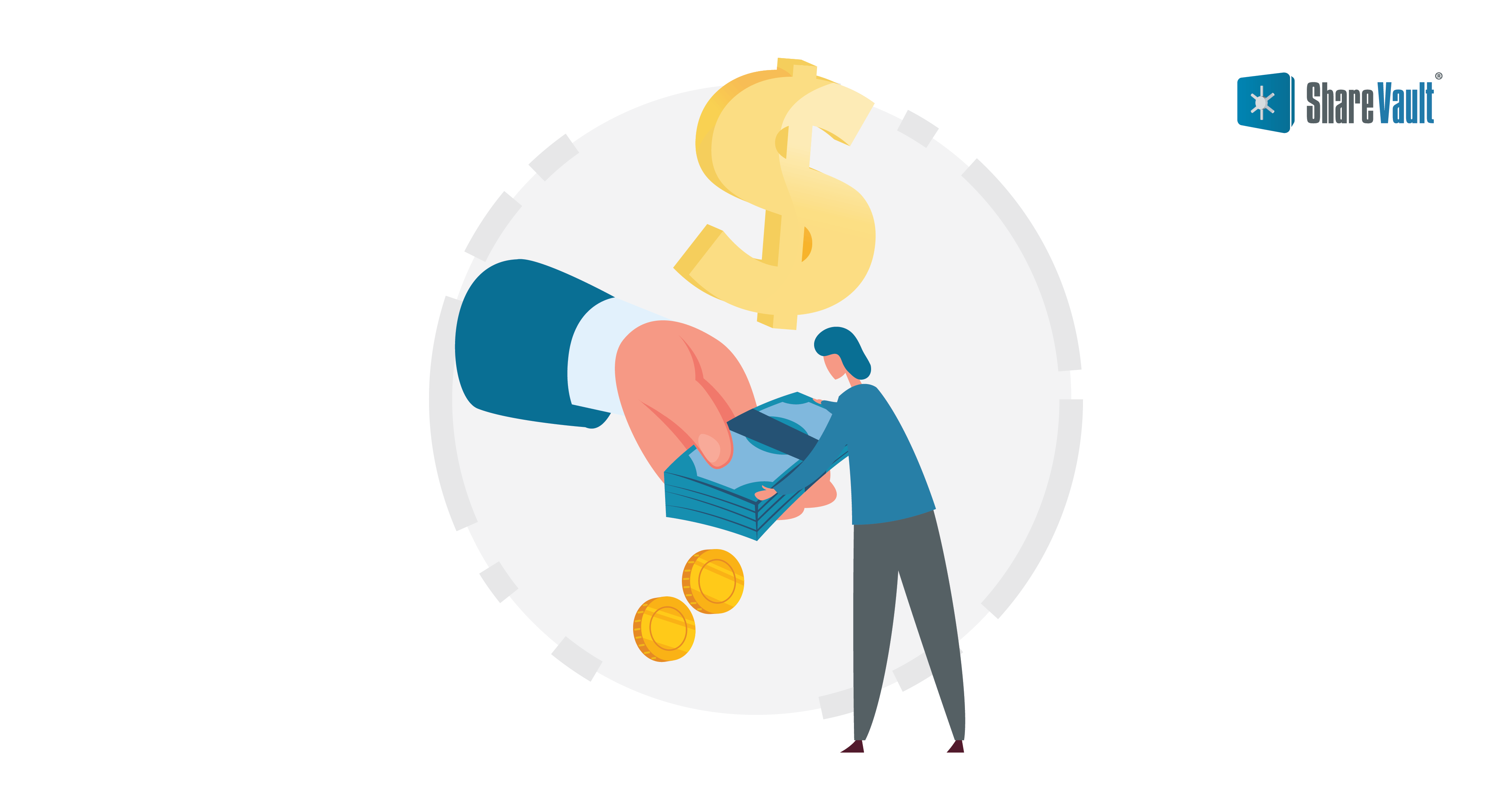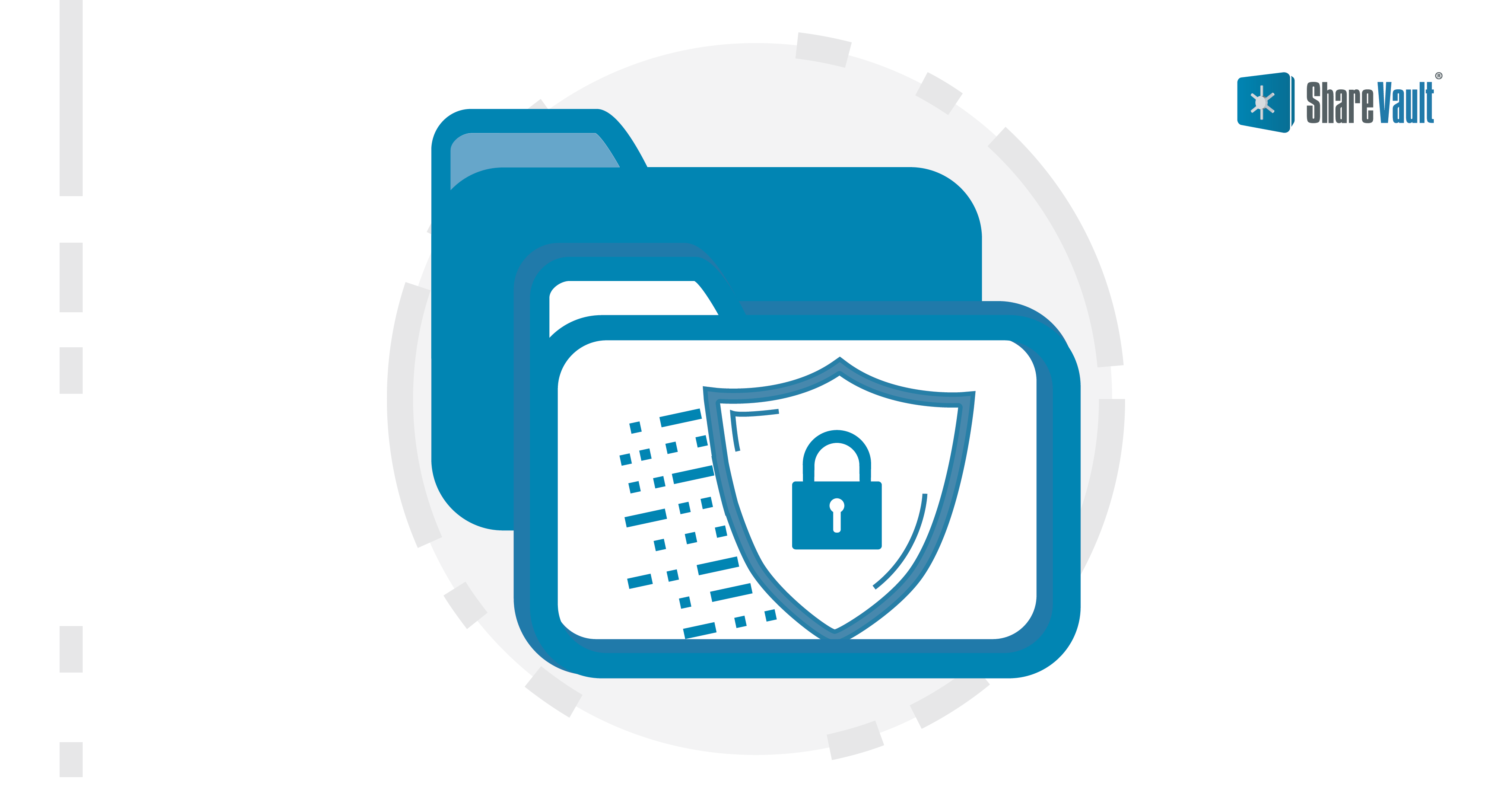Venture capital (VC) fundraising is a time-consuming and challenging process. Its success depends on such factors as market conditions, the fund's track record, the quality of the investment strategy, and the VC team’s expertise in providing a strong investment rationale and convincing investors to fund a new venture.
The 7 Steps of VC fundraising
1. Establish the fund's investment thesis: The VC fund needs to define its investment strategy and thesis before approaching potential investors. This includes determining the industry sectors in which it intends to invest, the stage of companies it will target, and its geographical focus.
2. Develop a fund structure: A VC fund will establish the fund size, which represents the total amount of capital it aims to raise, and specify the legal structure of the new fund, such as whether it will be a limited partnership (LP) or a limited liability company (LLC).
3. Create a private placement memorandum (PPM): The PPM is a document that provides detailed information about the fund, including its investment strategy, target returns, fund terms, and risk factors. It is shared with potential investors to provide them with the necessary information to make an informed investment decision.
4. Build a network of potential investors: VC funds typically reach out to a targeted audience of potential investors that may include current and previous fund investors and new leads generated by networking with lawyers, accountants, and other business partners. Categories of potential investors include:
- Pension funds, endowments, and foundations
- Institutional investors
- High-net-worth individuals
- Corporate investors

5. Perform Due Diligence: Investors need information to “see under the hood” of the investment opportunity. To meet that need, the VC firm launches the due diligence process, which is a comprehensive and systematic investigation to present all the relevant information on the opportunities and risks associated with the investment.
6. Pitch potential investors: VC fund managers conduct meetings and presentations with potential investors to explain the fund's investment thesis, track record in the target industry sector, team expertise, and the potential capital investment returns.

7. Negotiate terms: Once an investor expresses interest in committing capital, the VC fund and the investor negotiate the terms of the investment—the amount of capital to be invested, management fees, carried interest that pays the fund managers, timelines of return on investment, and other fund-specific terms. These terms are spelled out in a formal commitment letter or subscription agreement.
This pitch and negotiation process is repeated until the VC fund reaches its target fundraising goal and announces a final closing, the official end of the fundraising process. At this stage, the fund collects the committed capital from investors and initiates the legal process for establishing the fund.
How a VDR assists in venture capital fundraising
A virtual deal room, also known as a virtual data room (VDR), is a secure online platform for storing and sharing confidential documents. Since VC fundraising activities, particularly the due diligence process, provides potential investors with information on a target company’s finances, operations, market position, intellectual property, and other highly confidential data, a VDR plays a crucial role in ensuring security and confidentiality.
A VDR aids the venture capital fundraising process in several ways:
A Central Hub for Information: The VC firm uploads all documents relevant to the investment in the VDR and organizes them to make access to important documents easy. The VDR provides a centralized platform for secure document sharing with potential investors.
Data Security: Security is of utmost importance during fundraising. Virtual deal rooms employ robust security measures such as document encryption, secure user authentication, and access controls to safeguard confidential information. These security measures reduce the risk of data breaches or unauthorized access.

Secure Document Sharing: Only authorized individuals have access to a VDR. The VDR administrator can extend access to a potential investor, using permissioning protocols that can limit which documents can be accessed, for what period of time. If a potential investor declines to participate, the VDR administrator can cancel access, and can remotely shred any documents that a potential investor has downloaded.
Due Diligence: A virtual deal room is an ideal environment for the VC firm to perform due diligence in a secure and organized manner, and to securely share its findings with potential investors. Among VDR providers, ShareVault is particularly well suited to VC fundraising — the company provides a Due Diligence Checklist, a software template that automatically creates a table of contents with folders most often used in due diligence.
Enhanced Communication: A VDR from a quality provider like ShareVault includes collaboration and communication features, such as a Q&A module, a feature where team members or an investor can pose questions and receive replies from designated experts. This real-time interaction facilitates efficient communication and ensures that investors have the information they need to make informed decisions.
VC Prospect Management: A good VDR provider has extensive user monitoring tools, enabling the VC fundraising team to track investor activity—which documents an investor has accessed and for how long. This information allows the team to understand an investor’s preferences and concerns and tailor subsequent interactions.
Version Control: The VC fundraising process involves numerous iterations of documents, including term sheets, financial projections, and legal agreements. A state-of-the-art VDR provider like ShareVault includes version control, which allows the VC team to access the most up-to-date versions of files or to refer to previous versions.
Audit Trail: The VDR provides an audit trail of user interactions with each document—date, time, length of engagement. This audit trail improves productivity management for the VC firm and can generate an audit report for an investment in a regulated industry, where regulators must have access to a detailed record of interactions.
In summary, a virtual deal room simplifies and streamlines the venture capital fundraising process by providing secure document sharing, facilitating due diligence, enabling efficient communication, supporting investor management, ensuring version control and an audit trail, allowing simultaneous access, and prioritizing data security.
ShareVault VDR Streamlines the Fundraising Process
ShareVault’s virtual data room provides the enterprise-grade protection for all data files and documents that contain confidential and proprietary information, and its built-in software assists the venture capital fundraising process. Since ShareVault has a long history of serving VCs and the finance community—including securing documents for deals valued at more than $50 billion—ShareVault’s VDR and its talented support team can speed the fundraising process.
A ShareVault representative will fill in the details and provide a customized pricing structure for VDR use. To learn more, contact us today!
